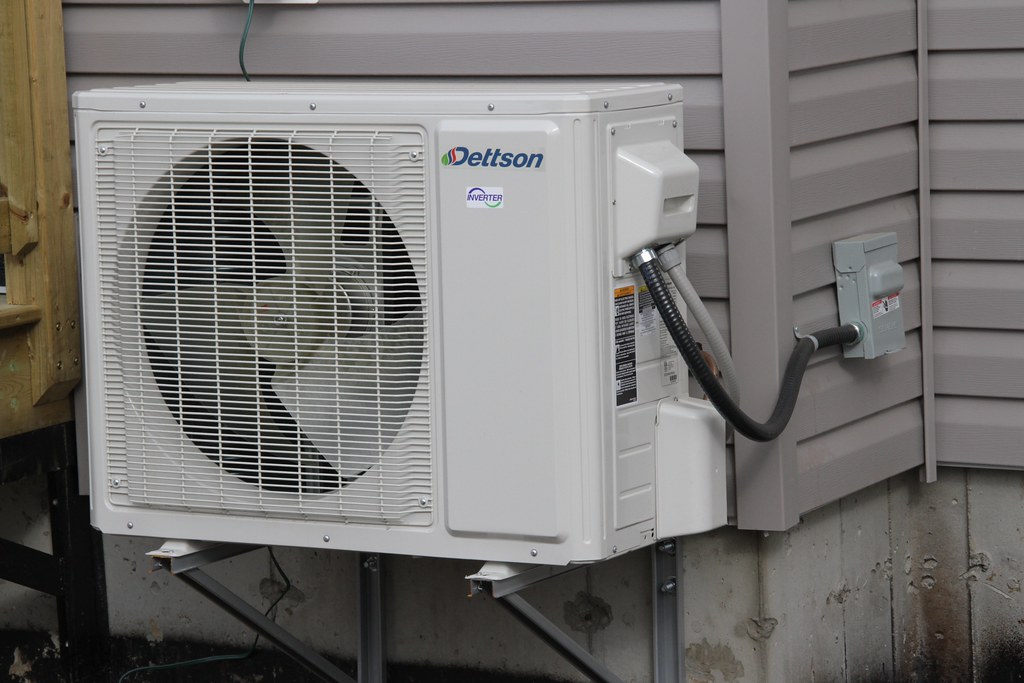In recent years, the dialogue on sustainable energy has significantly intensified. With businesses aiming to reduce carbon footprints, innovative solutions like heat pumps have become the topic of discussion. But is a heat pump right for your business? Let’s dive deep into the facts, figures, and benefits to make an informed decision.
What is a Heat Pump?
In simple terms, a heat pump is an energy-efficient alternative to furnaces and air conditioners. They transfer heat rather than generate it, making them more efficient. There are mainly three types:
- Air-to-air: Transfers heat between your building and the outside air.
- Water source: Transfers heat between your building and a nearby water source.
- Geothermal (or ground source): Transfers heat between your building and the ground.
Economic Advantages
- Cost Savings: Heat pumps can reduce energy bills by up to 50% compared to conventional heating systems, especially when replacing electric heaters. In the long run, these savings can be substantial. The Energy Saving Trust suggests that a typical ground source heat pump could save a business anywhere from £1,800 to £3,000 annually when replacing an electric heating system.
- Financial Incentives: The UK government’s Renewable Heat Incentive (RHI) scheme offers payments to businesses that generate and use renewable energy to heat their buildings. Opting for a heat pump can qualify you for these financial incentives.
Environmental Benefits
- Reduced Carbon Footprint: Heat pumps have a smaller carbon footprint than traditional heating systems, especially if powered by renewable energy. As businesses aim for carbon neutrality, this is a significant step in the right direction.
- Efficiency: Heat pumps can be up to three times more energy-efficient than traditional heating systems. For every unit of electricity used, they can produce three units of heat.
Operational Advantages
- Versatility: Modern heat pumps not only heat but can also cool buildings, providing a two-in-one solution for many businesses.
- Low Maintenance: Once installed, heat pumps require minimal maintenance compared to traditional systems, leading to fewer interruptions and potential downtime.
Considerations Before Installation
- Initial Costs: While heat pumps can save money in the long run, their initial installation costs can be higher than traditional systems. It’s essential to factor this into your ROI calculations.
- Space Requirements: Especially for ground source heat pumps, you’ll need a suitable area for installation. Ensure your business location is conducive.
- Professional Installation: The efficiency of a heat pump largely depends on correct installation. It’s crucial to consult with and hire experienced professionals.
Conclusion
Incorporating a heat pump can be a game-changer for many businesses. With the potential for significant cost savings, financial incentives, environmental benefits, and operational advantages, the case for heat pumps is compelling. However, factors like initial costs and space requirements should be considered. As always, consult with an expert to determine if a heat pump aligns with your business’s specific needs and circumstances.
